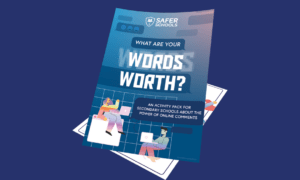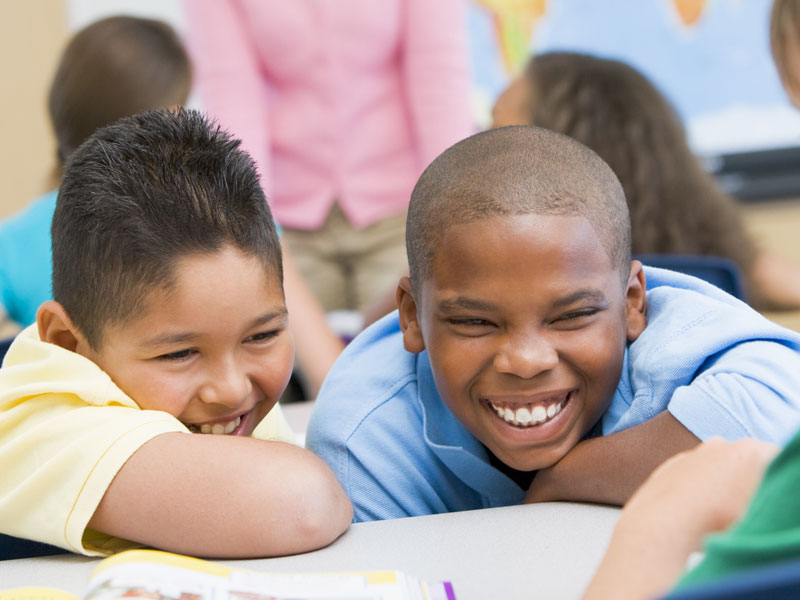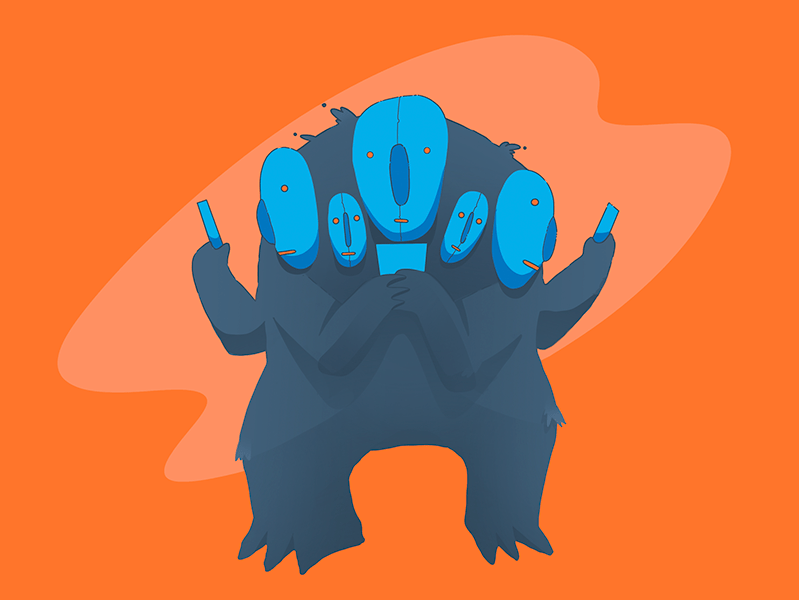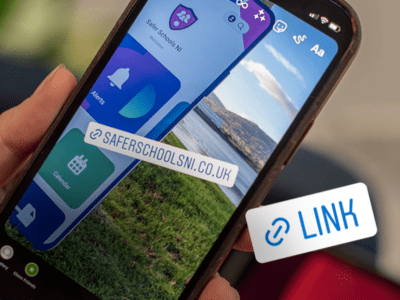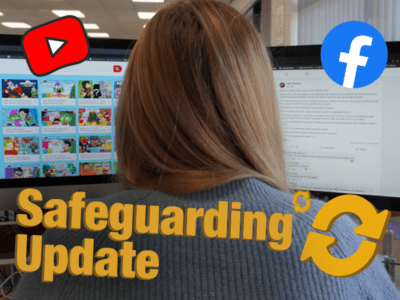We can all conjure up a mental image of a "bully" – someone mean, troubled, and angry who takes out these feelings on others. You might imagine a person from your life or a character from a film or television show. But what happens when the "bully" in question is the child in your care?
This is a reality many parents and carers are facing, especially as cases of cyberbullying are rising. It can be embarrassing and heart-breaking to find out a young person in your care has engaged in bullying behaviour. The most important thing to remember is that a bully who is a child is still a child.
Our online safety experts have put together this guide to help parents, carers, and teachers make the best decisions when dealing with a child who is bullying their peers.
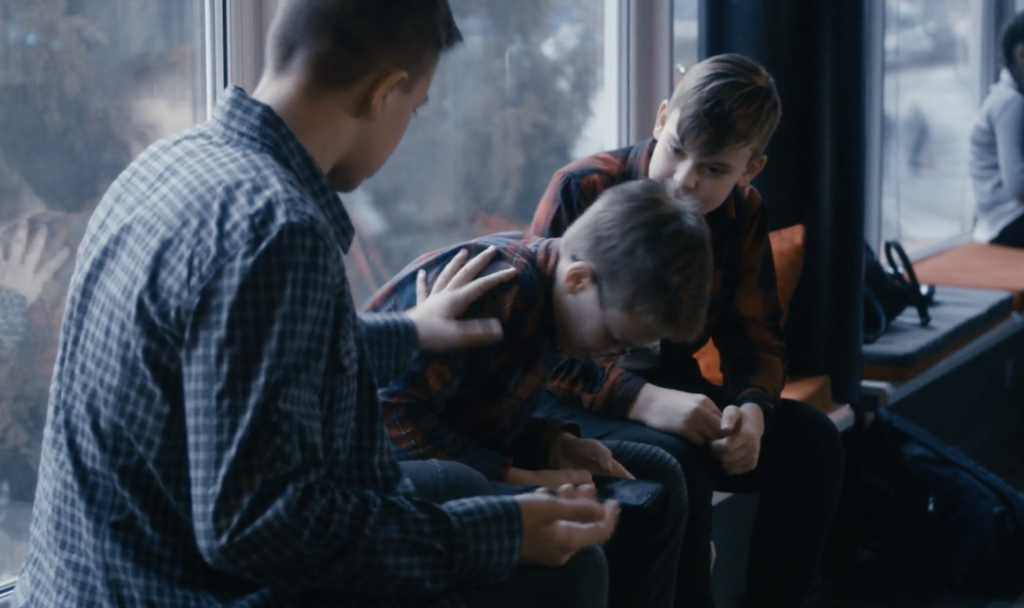
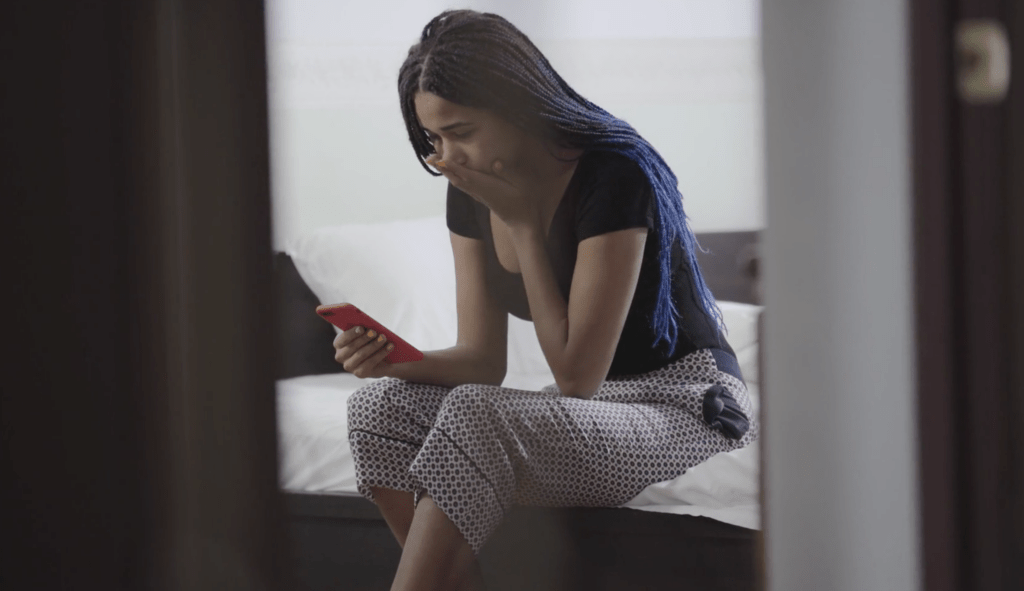
Why is my child being a bully?
It might be difficult to understand or accept why the child in your care is being a bully. As children and young people are still forming in their emotional intelligence, choosing to bully another person is often the easy path to getting something they want. Their reasons for bullying might be:
There are also deeper psychological issues that may be the cause of a young person bullying, such as depression, anxiety, trauma, or behavioural disorders. If you believe this is the case, it is important to seek help from a mental health professional.
What can I do to help?
As a parent and carer, it is natural to want to be on your child's side. This does not mean you need to deny what they are doing or defend them. The best thing you can do in this situation is to realise that your child has a problem and needs your help. Here are some simple steps to help you help them:

Working together with your child's school
After privately discussing this behaviour with your child, take some time to pause and reflect before taking any next steps. If possible and appropriate, facilitate a meeting with the other child involved and their parent or carer, involving your child's teacher if necessary. They may have helpful insight into the situation and may be able to facilitate classroom intervention if the need arises.
Remember: bullying behaviour is not a reflection of who your child is as a person. They are still figuring out appropriate social skills, some of which do not always translate into online interaction. With the right support from adults who care, children who bully can and do change their behaviour. Helping your child learn to apologise and interact appropriately will teach them how to be responsible for their actions and will benefit their future.
Join our Safeguarding Hub Newsletter Network
Members of our network receive weekly updates on the trends, risks and threats to children and young people online.


